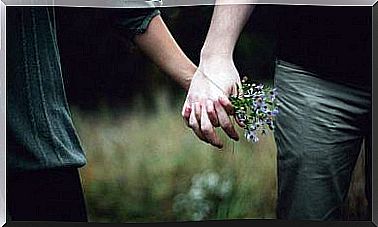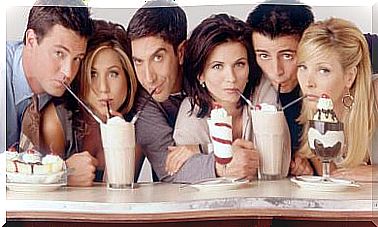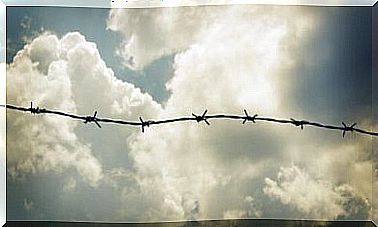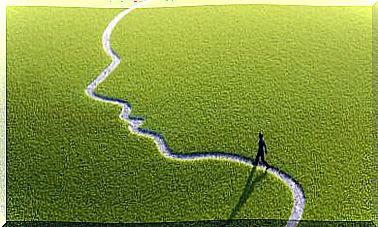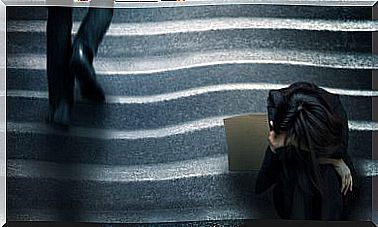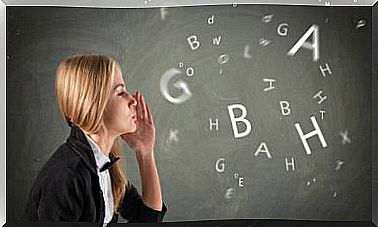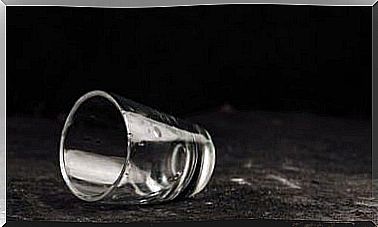Finding Inspiration In Failure

Being wrong for many is a capital sin. Failure is worthy of a penalty ranging from harsh to harsh, depending on how strict the evaluator is or how disastrous the consequences have been. Without this punishment, it is understood that there is no motivation for learning and that laziness is given an opportunity to undermine a possible will to repair.
The mistakes are not the bad guys in the movie, as they would have us believe. It is what we do with errors, what determines their meaning, it is where we put them in the home of our conscience that will determine the role they will play in the future. In one way or another, in our hands resides the power to point out a place for them to add or subtract.
Failure, is it a true failure?
When something does not go our way, we have two options: lower our arms and not try again or use the error as a bridge to move forward and overcome that obstacle. The difference may seem quite simple in theory but sometimes in practice it is not so easy to translate.

For years and years, error and failure have been demonized and put on the side of the “bad guys” when in fact they can even be considered your friends. It all depends on the attitude you take when faced with a mistake. Will you keep making the same mistake over and over again or will you learn from that mistake so as not to repeat it?
The first step is the hardest. No, it is not about making mistakes, that is the easiest thing in the world. We are flesh and blood people and we cannot make everything perfect. What is complicated and what you have to work on is recognizing mistakes.
The wrong view of failure is ancient
Megan McArdle indicates in her book “The upside of down” that since ancient times we have a wrong perception and a very low tolerance for mistakes. When communities were dedicated to hunting and gathering food, failures were quickly forgotten because they had to refocus on finding sustenance for the family.
However, with the discovery and subsequent development of agriculture each person began to have a specific task that together made the crops good and abundant each season. For that reason, the one who worked less or poorly harmed the rest and should be punished.
A similar system was used in the labor system of later centuries. The school was not and is not the exception. Perfection is always pursued, the best grade in exams, the job never done better … when in reality.
Examples of failure before success
Throughout history, thousands of people have been successful in their projects. But if we start to analyze their careers we will realize that they have previously failed and not once, but several times. From Stephen King to Steve Jobs, through Axl Rose to Orson Welles … everyone has mistakes and errors in their biography.
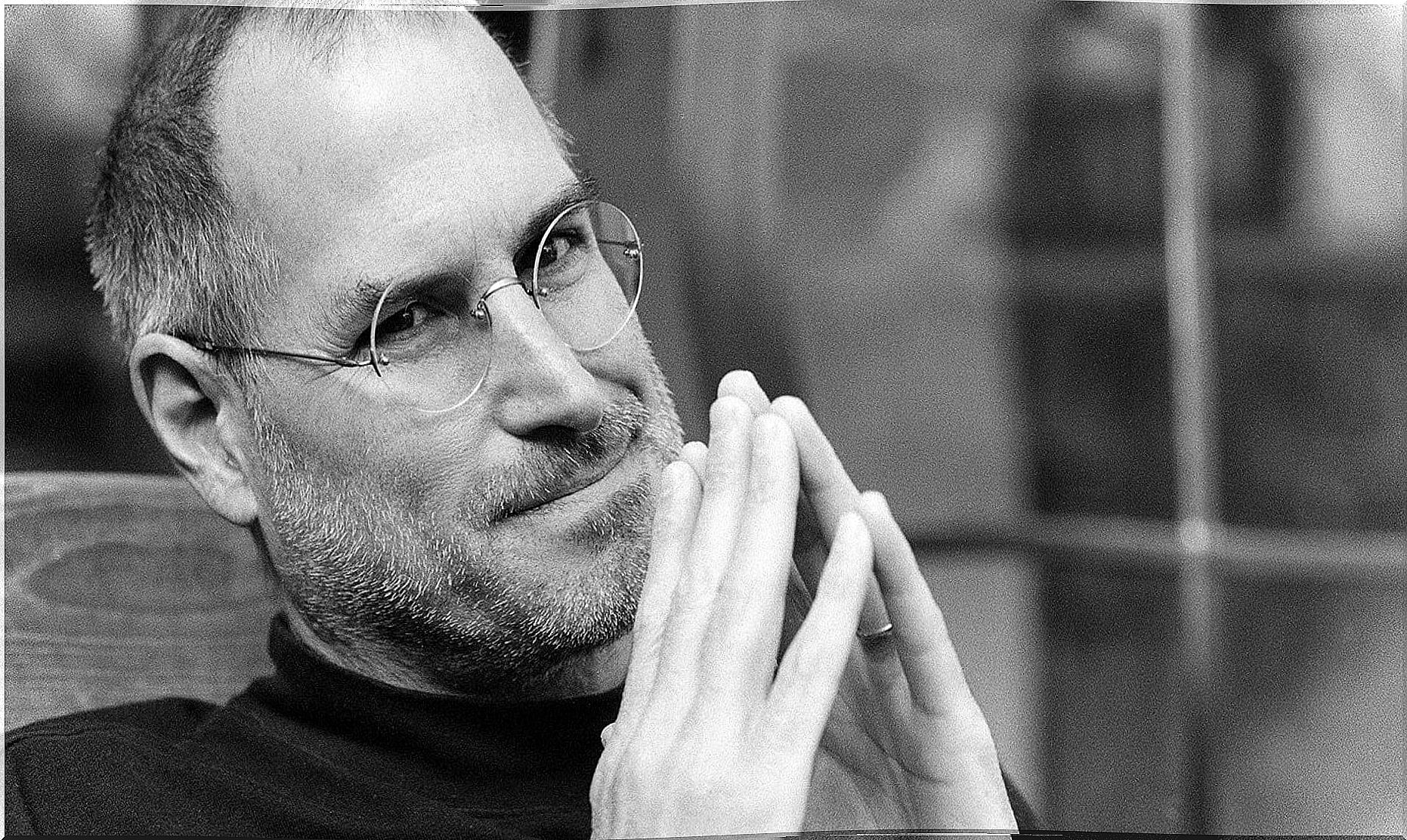
Even Thomas Edison, who invented thousands of objects, was labeled unproductive and sterile at school! In the creator of the lamp we can base ourselves to understand why the mistakes and failures of the past should not change or diminish our desire to get ahead and progress.
Accept the fall and failure
It is very easy to say, not so easy to do. We all have certain patterns of behavior, a certain tendency to action that is very difficult to change. Why? Two very simple reasons: because we have repeated them over and over to automate them and because we have found some comfort in them. They are part of our comfort zone.
For example, if you know a driving instructor and you ask them if they prefer to teach students who have already driven before doing the practices or students who have not, they will probably answer that they prefer students without experience. Why? Because students who have never driven have not had the opportunity to learn some of the bad habits, those that practically all of us end up picking up when we accumulate a certain experience.
Thus, the new students have to learn, those who already know, have to re-learn. What happens to the instructors of the steering wheel also happens to teachers, professors and coaches in their different disciplines. Of course, it is something that also happens to ourselves. Try, for example, to cook a dish in a different way than you normally would or to open a door by turning the key with the opposite hand.
But of course, it is not about changing to change, but about changing the bad and keeping the good. Thus, to learn from mistakes you have to know how to discriminate where they are. Many times, we do not see the error directly, only the product of the failure itself and we have to identify in which step of the process we have screwed up.
Learn from mistakes
Finally, learning from mistakes requires a certain power of dissociation. That is to say, assuming that the mistake was made by me but that failure is not part of me nor does it configure me. I have been the one who has lied to him, the one who has been late or the one who has messed everything up, but that is not why I am a liar, unpunctual or disorderly.
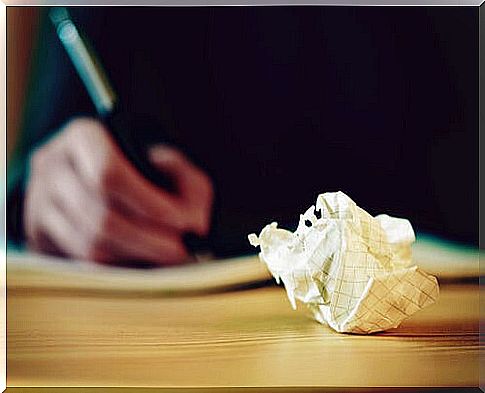
It is this last step that allows us to use it for what it is without damaging our self-esteem. It is this separation that allows us to face the failure, analyze it and determine what its opposite would have been on the coin: the head or the right.
Let’s assume that success without failure is as unlikely as winning the lottery. It is usually the result of a process in which there are advances and setbacks, but in which there is also constant dynamics and motivation. The mistake must be, contrary to what perhaps intuition tells us, the greaser that makes everything flow with intelligence, because “no calm sea made the sailor an expert.”
